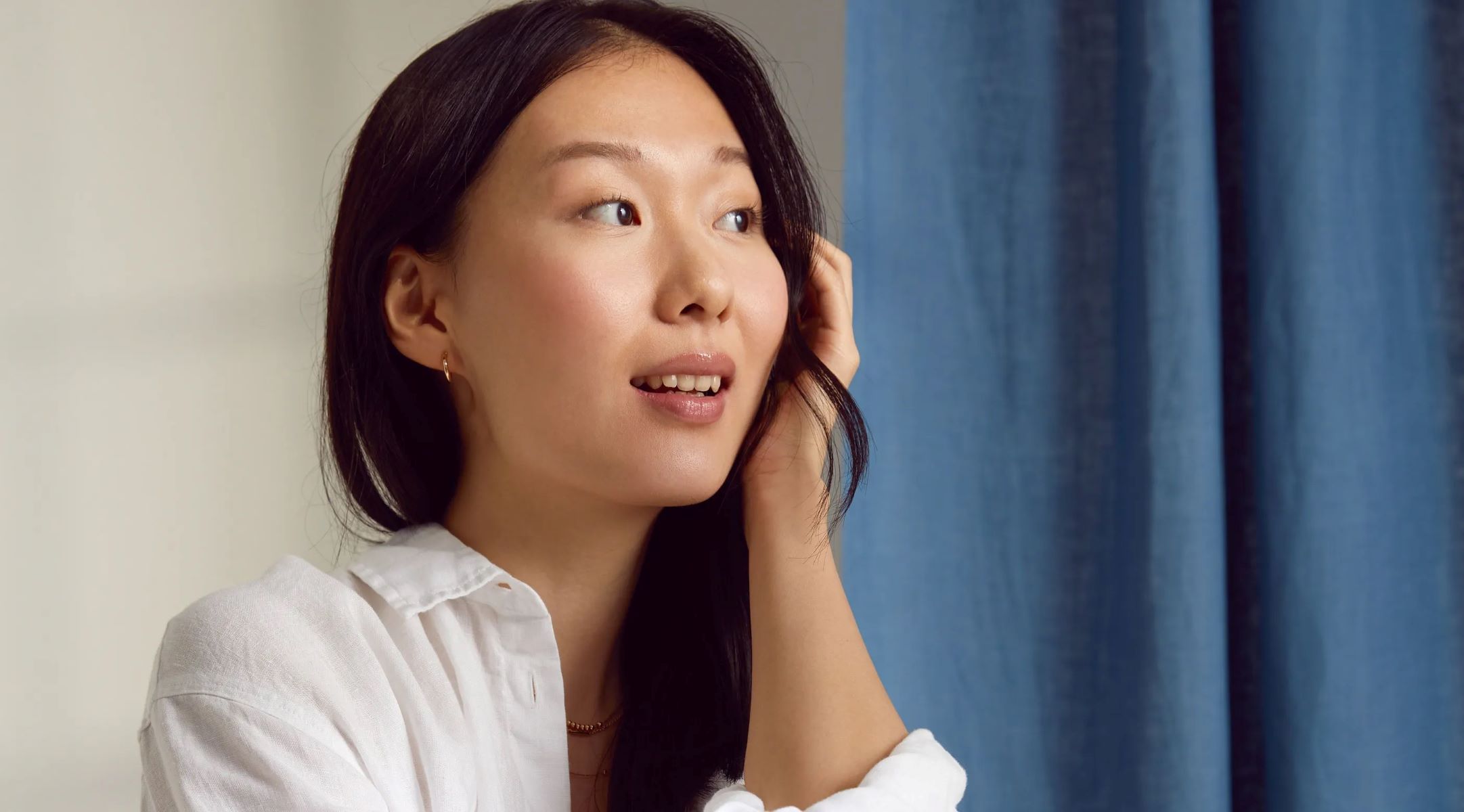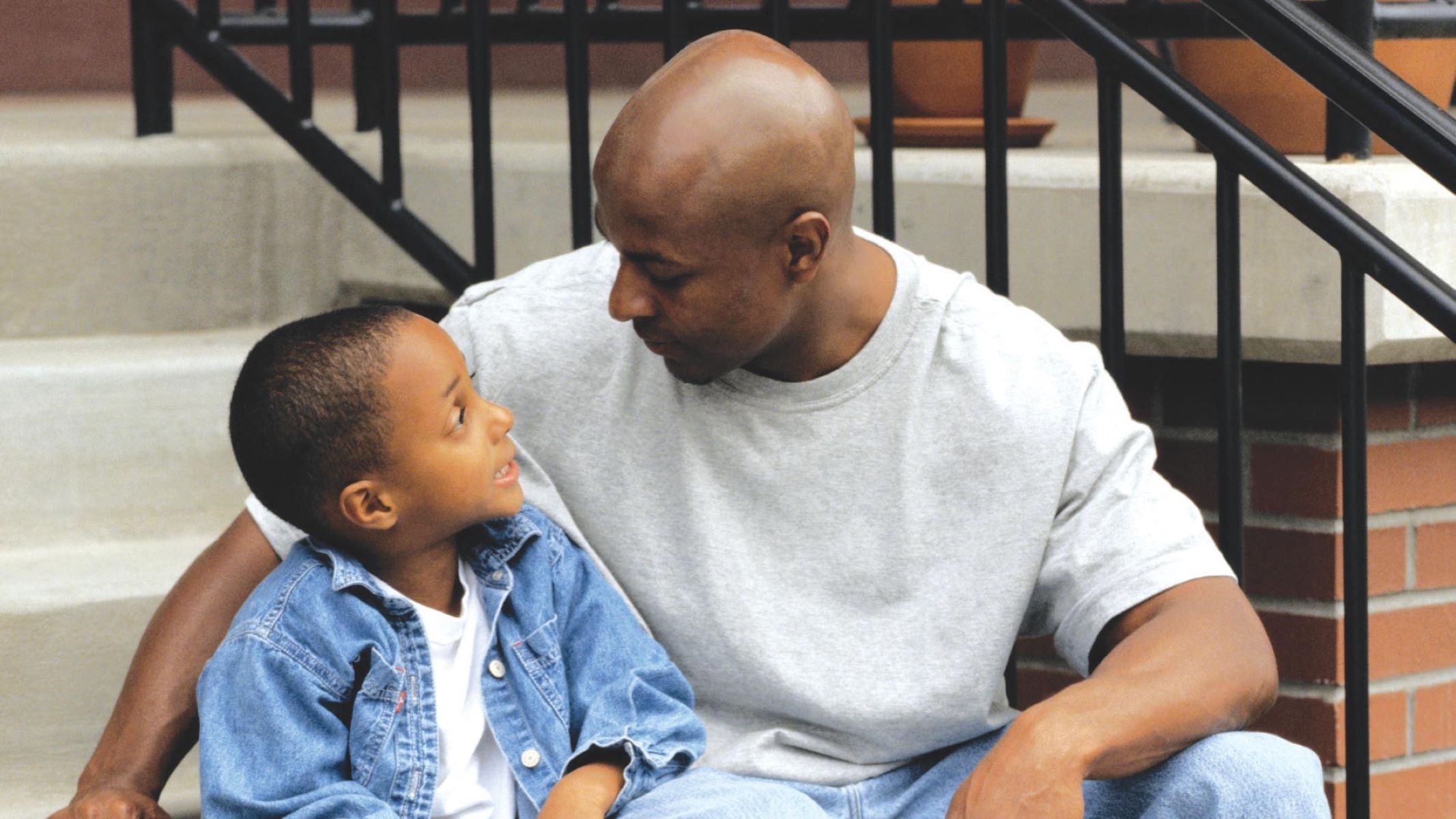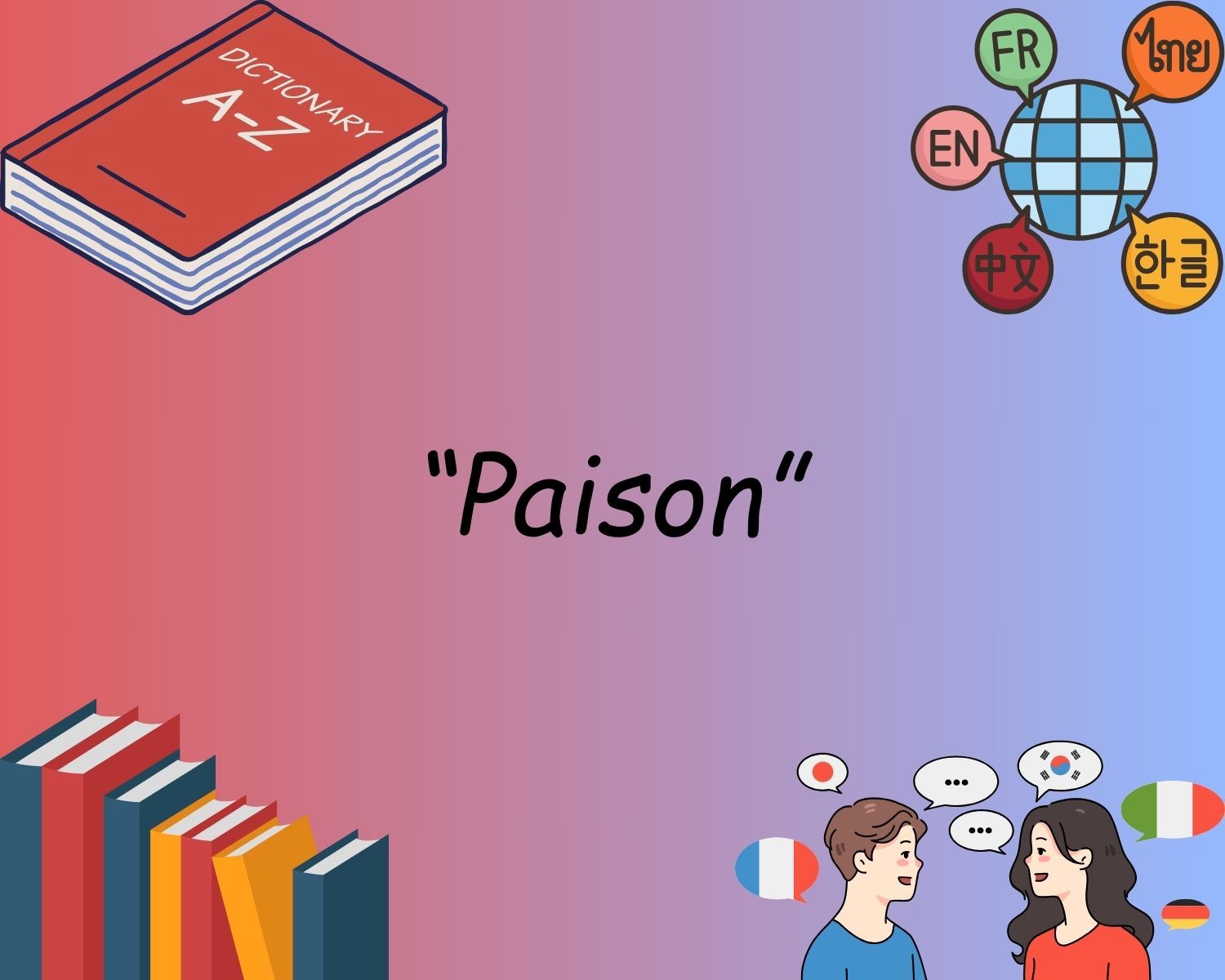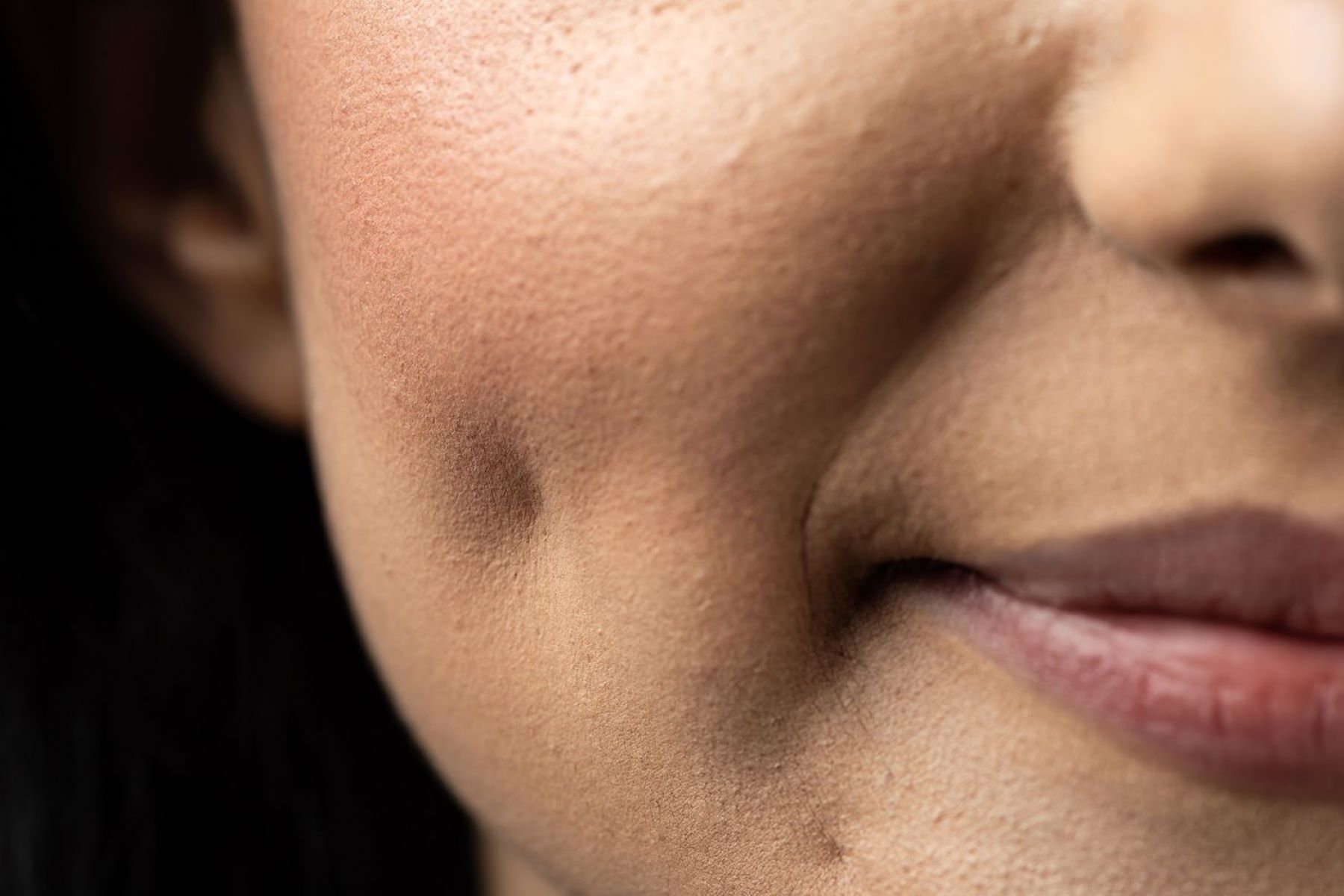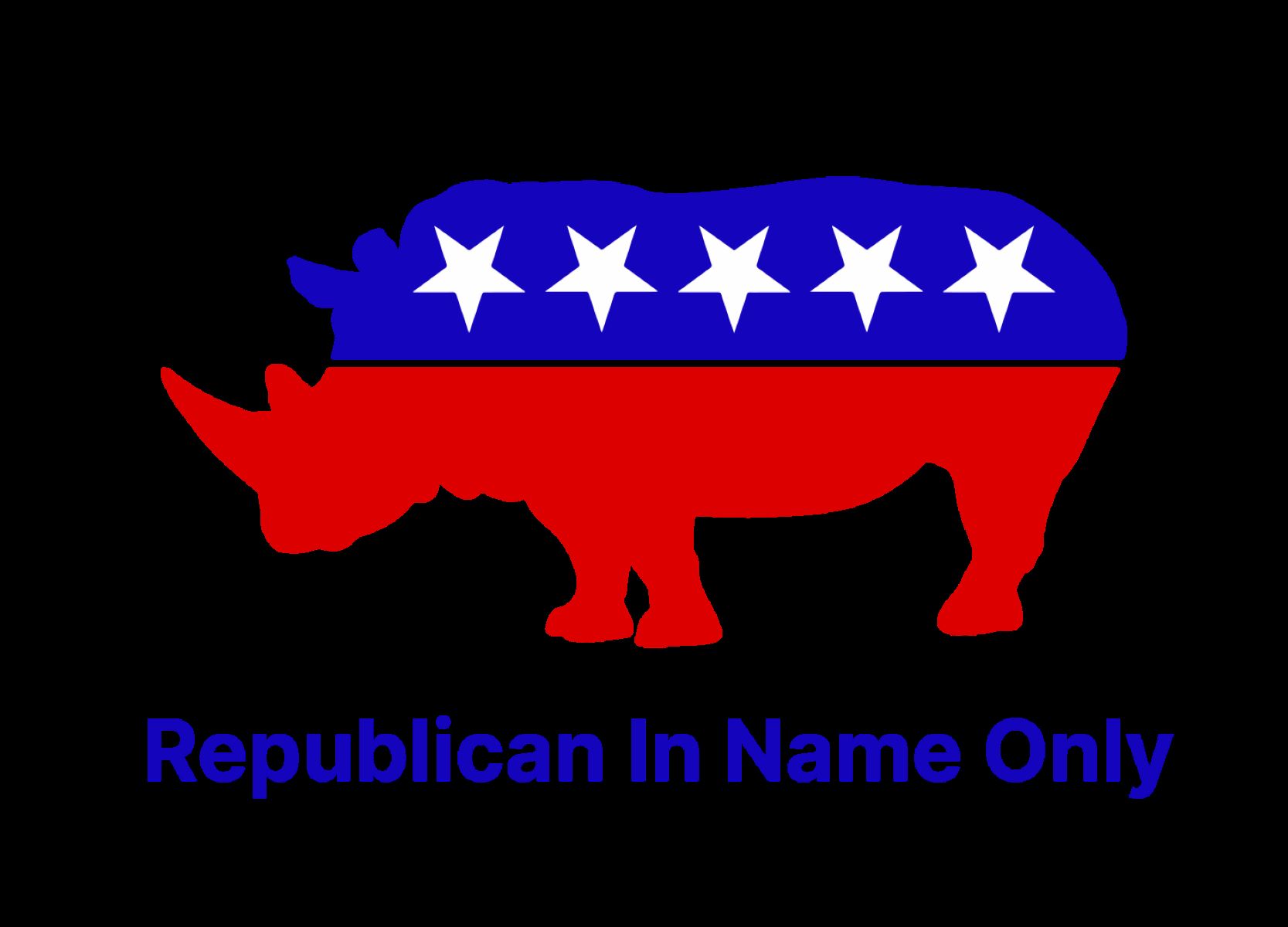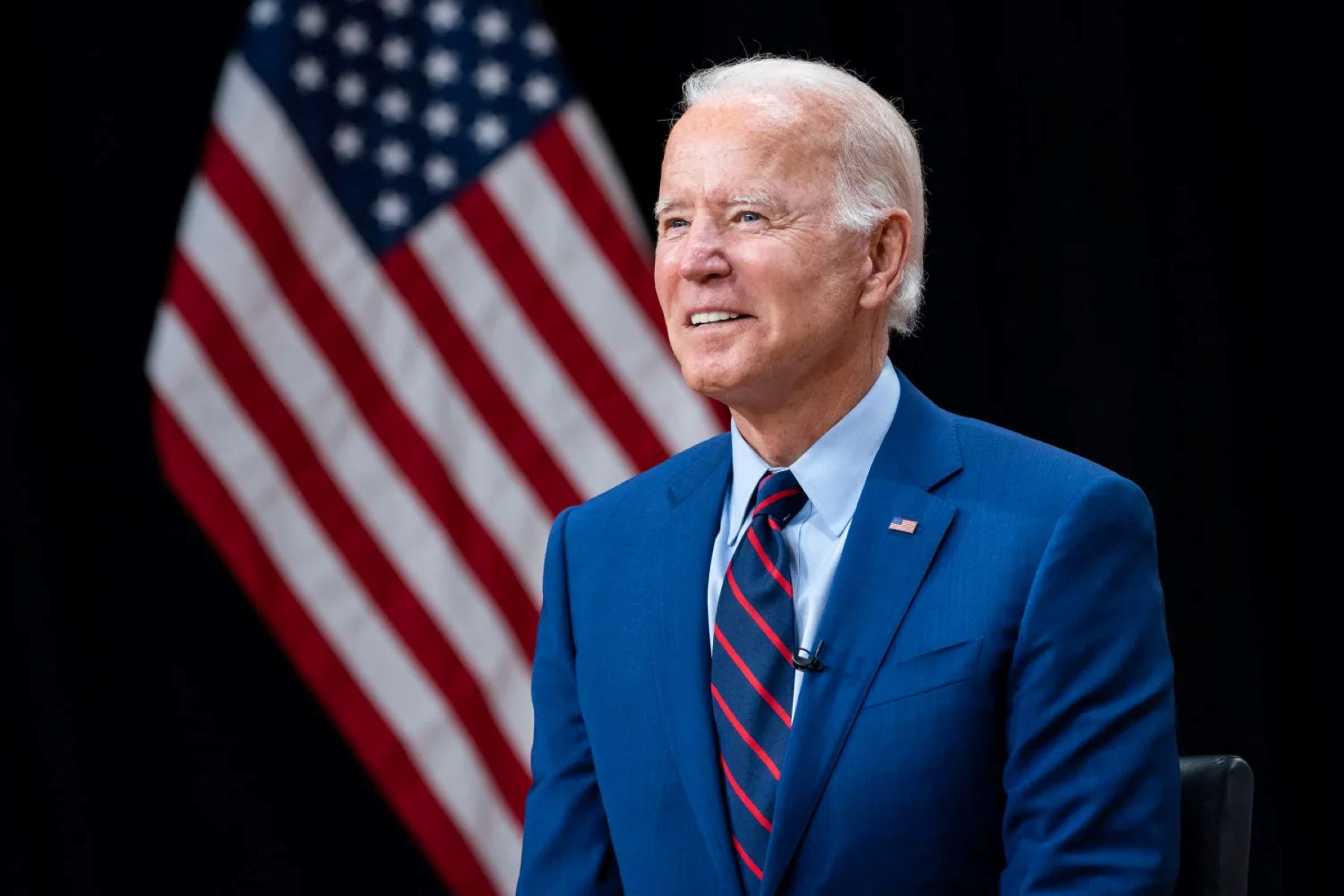Home>Language and Grammar>The Polite Way To Say ‘You/Your’ In Korean: Unveiling The Cultural Nuances


Language and Grammar
The Polite Way To Say ‘You/Your’ In Korean: Unveiling The Cultural Nuances
Published: February 9, 2024
Discover the cultural nuances of using 'you/your' in Korean with our polite language and grammar guide. Uncover the respectful way to address others in Korean.
(Many of the links in this article redirect to a specific reviewed product. Your purchase of these products through affiliate links helps to generate commission for Regretless.com, at no extra cost. Learn more)
Table of Contents
Introduction
Korean language and culture are intricately intertwined, and one of the fundamental aspects of Korean communication is politeness. Politeness plays a crucial role in Korean society, reflecting the values of respect, hierarchy, and social harmony. Understanding and utilizing polite language is essential for effective communication in Korean, especially when addressing others.
In this article, we will delve into the nuances of politeness in the Korean language, with a specific focus on the polite forms of 'you/your.' By exploring the cultural significance of politeness in Korean communication and unveiling the intricacies of polite language usage, we aim to provide valuable insights for learners and enthusiasts of the Korean language.
Join us on this linguistic and cultural journey as we unravel the polite way to address 'you/your' in Korean, shedding light on the subtle yet profound impact of language on interpersonal relationships and social dynamics in Korean society.
Read more: How To Say Goodbye In Korean
Understanding the Importance of Politeness in Korean Culture
Politeness holds a revered position in Korean culture, embodying the deeply-rooted values of respect, humility, and social harmony. The Korean society places significant emphasis on maintaining decorum and showing deference in interpersonal interactions, and language serves as a primary conduit for expressing these values.
In Korean culture, the concept of hierarchy is intricately woven into social dynamics, influencing various aspects of communication and behavior. This hierarchical structure, often based on age, status, and seniority, underpins the importance of politeness in Korean language usage. Addressing others with respect and using appropriate honorifics are considered essential components of effective communication, reflecting an individual's understanding of societal norms and their willingness to uphold them.
Moreover, politeness in Korean communication extends beyond mere linguistic conventions; it embodies a deep-seated reverence for elders, authority figures, and individuals of higher social standing. The use of polite language signifies not only a display of respect but also a demonstration of humility and consideration for others' feelings. This cultural emphasis on politeness fosters an environment of mutual respect and fosters harmonious relationships within the community.
Furthermore, the practice of polite language in Korean culture serves as a means of upholding social cohesion and preserving traditional values. By adhering to the norms of polite communication, individuals contribute to the maintenance of a harmonious social fabric, reinforcing the interconnectedness of the community and the collective welfare of its members.
Understanding the cultural significance of politeness in Korean society is pivotal for anyone seeking to engage with the language and its native speakers. It underscores the importance of language as a reflection of cultural values and societal norms, highlighting the intricate interplay between language, etiquette, and social dynamics in Korean culture.
In the subsequent sections, we will delve deeper into the specific linguistic aspects of politeness in Korean, shedding light on the nuanced usage of polite forms of 'you/your' and their cultural implications. Through this exploration, we aim to provide a comprehensive understanding of how politeness shapes interpersonal communication in the Korean language.
The Use of 'You/Your' in Korean Language
In the Korean language, the usage of 'you/your' is influenced by the cultural nuances of politeness and hierarchical social structure. Unlike English, where a single term is used to address both familiar and formal contexts, Korean employs distinct linguistic forms to convey varying levels of politeness and respect when addressing others.
The primary term for 'you' in Korean is "너 (neo)," which is used in informal settings or when addressing individuals of equal or lower status, such as close friends, siblings, or younger acquaintances. However, the use of "너" is relatively informal and may be perceived as impolite or disrespectful when used in formal or hierarchical relationships.
In contrast, the polite form of 'you' in Korean is "당신 (dangsin)," which is employed to convey respect and deference, particularly when addressing individuals of higher status, elders, or those deserving of formal courtesy. While "당신" directly translates to 'you,' its usage in Korean reflects a deeper cultural significance, signifying the speaker's acknowledgment of the addressee's status and the expression of polite regard.
Furthermore, Korean language features various honorifics and titles that are intricately woven into the communication etiquette. For instance, the honorific suffix "세요 (seoyo)" can be added to nouns and pronouns to convey politeness and respect when addressing someone. It is commonly used in formal or polite speech to elevate the level of deference and courtesy extended to the listener.
Understanding the nuanced usage of 'you/your' in Korean language is essential for navigating social interactions and demonstrating cultural sensitivity. It reflects the profound impact of language on interpersonal relationships and underscores the intricate interplay between linguistic expression and societal norms in Korean culture.
By delving into the linguistic intricacies of polite language usage, we gain valuable insights into the cultural fabric of Korean society and the significance of politeness in shaping communication dynamics. The next section will further explore the cultural nuances of polite language in Korean, shedding light on the subtle yet profound implications of linguistic expression in interpersonal interactions.
In the subsequent section, we will unravel the cultural nuances of polite language in Korean, providing practical examples and usage scenarios to enhance comprehension and application of polite forms of 'you/your' in Korean communication.
Unveiling the Cultural Nuances of Polite Language in Korean
The cultural nuances of polite language in Korean reveal a rich tapestry of social conventions, hierarchical relationships, and ingrained values of respect and deference. Politeness in Korean communication extends far beyond the mere choice of words; it embodies a complex web of cultural intricacies that shape interpersonal dynamics and societal harmony.
At the core of Korean polite language lies the concept of social hierarchy, which permeates various facets of daily interactions. The use of specific linguistic forms, such as honorifics and polite address, reflects not only the speaker's respect for the addressee but also their acknowledgment of the hierarchical structure inherent in Korean society. This cultural emphasis on hierarchy underscores the significance of age, status, and seniority in shaping communication patterns and underscores the deeply ingrained values of filial piety and deference to authority.
Moreover, the cultural nuances of polite language in Korean manifest in the subtle nuances of non-verbal communication, such as gestures, body language, and facial expressions. These non-verbal cues often complement verbal expressions of politeness, amplifying the overall message of respect and deference conveyed during interpersonal interactions. The harmonious synchronization of verbal and non-verbal elements underscores the holistic nature of polite communication in Korean culture, emphasizing the multifaceted ways through which respect and courtesy are expressed and received.
Furthermore, the cultural nuances of polite language in Korean are intricately tied to the preservation of harmony and social cohesion within the community. Politeness serves as a unifying force, fostering a collective ethos of mutual respect and consideration for others' feelings. By adhering to the norms of polite language usage, individuals contribute to the maintenance of a harmonious social fabric, reinforcing the interconnectedness of the community and the collective welfare of its members.
In essence, unveiling the cultural nuances of polite language in Korean unveils a profound tapestry of values, traditions, and social dynamics. It illuminates the intricate interplay between language, culture, and societal norms, offering valuable insights into the multifaceted ways through which politeness shapes interpersonal communication and fosters harmonious relationships within Korean society.
Polite Forms of 'You/Your' in Korean Language
In Korean language and culture, the use of polite language is deeply ingrained in interpersonal communication, reflecting the values of respect, humility, and social harmony. When it comes to addressing others, especially in formal or hierarchical contexts, employing the appropriate polite forms of 'you/your' is essential for demonstrating deference and courtesy.
One of the primary polite forms of 'you' in Korean is "당신 (dangsin)," which encapsulates a sense of respect and formality when addressing someone. This term is commonly utilized to convey deference and politeness, particularly when interacting with individuals of higher status, elders, or those deserving of formal courtesy. The usage of "당신" reflects the speaker's acknowledgment of the addressee's status and signifies a deliberate expression of polite regard, aligning with the cultural emphasis on hierarchical relationships and social decorum.
Additionally, Korean language features various honorifics and titles that further enhance the expression of politeness when addressing others. For instance, the honorific suffix "세요 (seoyo)" can be appended to nouns and pronouns to elevate the level of deference and courtesy extended to the listener. This linguistic feature allows speakers to convey heightened respect and formality, aligning with the cultural norms of polite communication in Korean society.
Moreover, the choice of polite forms of 'you/your' in Korean is influenced by the nuanced understanding of social hierarchy and the importance of age, status, and seniority in interpersonal interactions. Addressing others with the appropriate polite language not only reflects the speaker's respect for the addressee but also underscores their adherence to societal norms and cultural values. By employing the polite forms of 'you/your,' individuals demonstrate their commitment to upholding decorum and showing consideration for others, contributing to the maintenance of harmonious social relationships.
Understanding and utilizing the polite forms of 'you/your' in Korean language is pivotal for effective communication and cultural sensitivity. It underscores the intricate interplay between linguistic expression and societal norms, shedding light on the profound impact of language on interpersonal relationships within Korean culture. By embracing the nuances of polite language usage, individuals can navigate social interactions with grace and demonstrate a deep appreciation for the cultural values of respect and deference.
Practical Examples and Usage of Polite Language in Korean
Understanding the practical application of polite language in Korean is essential for effectively navigating various social interactions and demonstrating cultural respect. Politeness in Korean communication is deeply ingrained in societal norms, and its usage extends to diverse contexts, ranging from formal settings to everyday conversations. By exploring practical examples and scenarios, we can gain valuable insights into the nuanced application of polite language in Korean and its impact on interpersonal dynamics.
Greetings and Introductions
When greeting someone of higher status or unfamiliar individuals, employing polite language is customary. For instance, when meeting an elder or a senior colleague for the first time, using the polite form of addressing 'you,' such as "당신 (dangsin)," accompanied by appropriate honorifics, conveys respect and courtesy. An example of a polite introduction would be "안녕하세요, 저는 [Name]입니다. 당신은 어디에서 오셨습니까?" (Hello, I am [Name]. Where are you from?)
Business and Professional Settings
In business environments, the use of polite language is paramount to maintaining professionalism and demonstrating respect for colleagues and superiors. Addressing clients or business partners with the polite form of 'you' and incorporating honorifics, such as "세요 (seoyo)," reflects a commitment to decorum and fosters a positive impression. For instance, in a formal business meeting, one might say, "저희 회사에서는 항상 고객의 만족을 최우선으로 생각합니다. 당신의 의견을 듣고 싶습니다" (At our company, we always prioritize customer satisfaction. We would like to hear your opinion.)
Interactions with Elders and Authorities
Respecting elders and individuals in positions of authority is integral to Korean etiquette. When conversing with elders or addressing figures of authority, utilizing polite language, such as "당신 (dangsin)" and honorifics, reflects a deep-rooted cultural reverence. An example could be, "선생님, 당신의 조언에 감사드립니다" (Teacher, I am grateful for your advice.)
Formal Social Events
During formal social gatherings or events, employing polite language is customary, especially when engaging with individuals of higher social standing. Using the polite form of 'you' and employing honorifics exemplifies graciousness and acknowledges the significance of social decorum. For instance, when attending a formal dinner, one might express, "당신의 호의에 감사드립니다. 오늘 밤은 정말 즐거웠습니다" (Thank you for your hospitality. I truly enjoyed tonight.)
By immersing oneself in practical examples of polite language usage in Korean, individuals can develop a nuanced understanding of cultural etiquette and effectively convey respect and deference in diverse social contexts.
Conclusion
In conclusion, the exploration of the polite way to say 'you/your' in Korean has unveiled the profound cultural nuances embedded within the Korean language. Politeness in Korean communication transcends linguistic conventions; it reflects a rich tapestry of societal values, respect for hierarchy, and the preservation of social harmony. The significance of politeness in Korean culture is deeply rooted in the intricate interplay between language, etiquette, and interpersonal dynamics.
By delving into the cultural significance of politeness in Korean society, we have gained valuable insights into the reverence for respect, humility, and social cohesion that permeate Korean communication. The use of distinct linguistic forms to convey varying levels of politeness and respect when addressing others underscores the deeply ingrained values of deference and consideration for others' feelings.
Moreover, the practical examples and usage scenarios of polite language in Korean have provided a comprehensive understanding of the nuanced application of polite forms of 'you/your' in diverse social contexts. From greetings and introductions to business settings and interactions with elders, the deliberate use of polite language serves as a testament to individuals' commitment to upholding decorum and demonstrating cultural sensitivity.
The intricate web of polite language usage in Korean reflects the multifaceted ways through which respect and courtesy are expressed and received. It exemplifies the seamless integration of verbal and non-verbal cues, emphasizing the holistic nature of polite communication in Korean culture. The deliberate choice of polite forms of 'you/your' aligns with the cultural emphasis on hierarchical relationships, age, status, and seniority, underscoring the profound impact of language on interpersonal relationships within Korean society.
In essence, the exploration of the polite way to say 'you/your' in Korean has illuminated the inseparable link between language and culture, offering a gateway to understanding the intricate fabric of Korean society. By embracing the nuances of polite language usage, learners and enthusiasts of the Korean language can navigate social interactions with grace, fostering harmonious relationships and demonstrating a deep appreciation for the cultural values of respect and deference.


